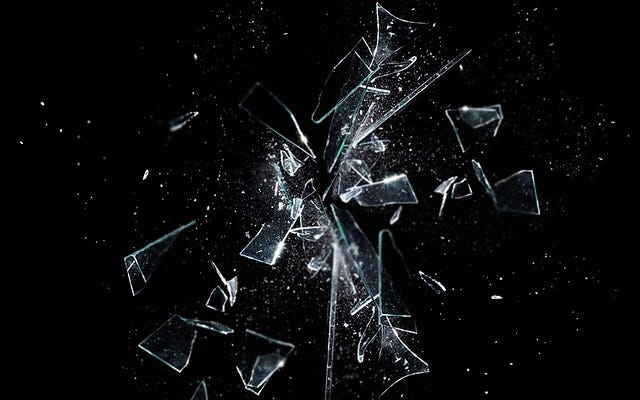Okay, first let’s address the elephant in the room.
Apparently, Miley Cyrus is to pop culture what Julian Assange is to journalism. Divisive. I’m not sure that’s entirely fair but, in any event, the Black Mirror episode “Rachel, Jack and Ashley Too” isn’t nearly as bad as people are blathering on about.
No, Miley Cyrus isn’t Meryl Streep.
But she’s not Tara Reid either.
The concept of “Rachel, Jack and Ashley Too” is solid and the execution is good. While it begins a bit like a John Hughes movie the episode picks up once the AI doll Ashley Too (based off Cyrus’ character, pop superstar Ashley O) gets cracked and becomes a foul mouth free thinker. Then the story comes alive and gets funny. Yes, funny. Imagine that.
Madison Davenport as Jack, the sullen, goth, bass playing big sister with a heart of gold is engaging and great to watch. Is this Charlie Brooker’s best episode of the three in season five? No. But it’s not that bad and it is the most fun.
“Smithereens” is the darkest of the three episodes and falls most in line with what you’d expect from Black Mirror.
Andrew Scott (The Priest from season two of Fleabag) stars.
Fleabag: Series Two is on Amazon Prime Now
Phoebe Waller-Bridge’s brilliant show Fleabag returns for a second series on Amazon Prime. You should watch.medium.com
Here, Scott shines as a gig economy worker using a driving app called Hitcher (a’la Uber). He parks himself outside the social media juggernaut Smithereen daily hoping to pick up someone who can put him in contact with the companies founder. Visibly distraught with each passenger he patiently buys his time until he can find the right employee of Smithereen. In the process, he connects with a woman who longs to learn about her daughter’s suicide (this is an important plot point).
Eventually, he picks up and kidnaps Smithereen intern (Damson Idris) and connect with the founder, an almost unrecognizable and super douchey Topher Grace. Once connected after the kidnapping, he gets to confess his sin and share his guilt on how the social media app played a role.
This episode has the texture and emotional depth, and finish, that you’ve come to expect with Black Mirror. The performances here are all great, but much like he did in Fleabag, it’s Andrew Scott who stands out.
“Striking Vipers” finds Brooker re-visiting a similar theme he did in “USS Callister” where people can insert themselves into the digital world. In this case it’s a video game styled after Mortal Kombat called Striking Vipers.
Directed by Owen Harris, who directed the brilliant “San Junipero” from Season 3, this episode also plays with same sex relationships. While there’s nothing wrong with this episode, there’s also nothing particularly right. It just is.
The performances and writing are solid, with Nicole Beharie as Anthony Mackie’s wife being a highlight. This episode is predictable and mostly dull.
Two of the three episodes feel hurried. “Striking Vipers” covers familiar territory and “Rachel, Jack and Ashley Too” doesn’t seem like it was given much thought. Only “Smithereens” holds up to the expectation you may expect from Charlie Brooker and Black Mirror.
So, even while the hurried episodes aren’t that bad it’s just that the bar is rather high for Black Mirror. Perhaps that’s unfair because almost any episode of Black Mirror is going to be better than most things you run across.
However, we can be thankful, these episodes are better than that frustratingly awful Bandersnatch.
And seriously, come on, give Miley Cyrus a break.




